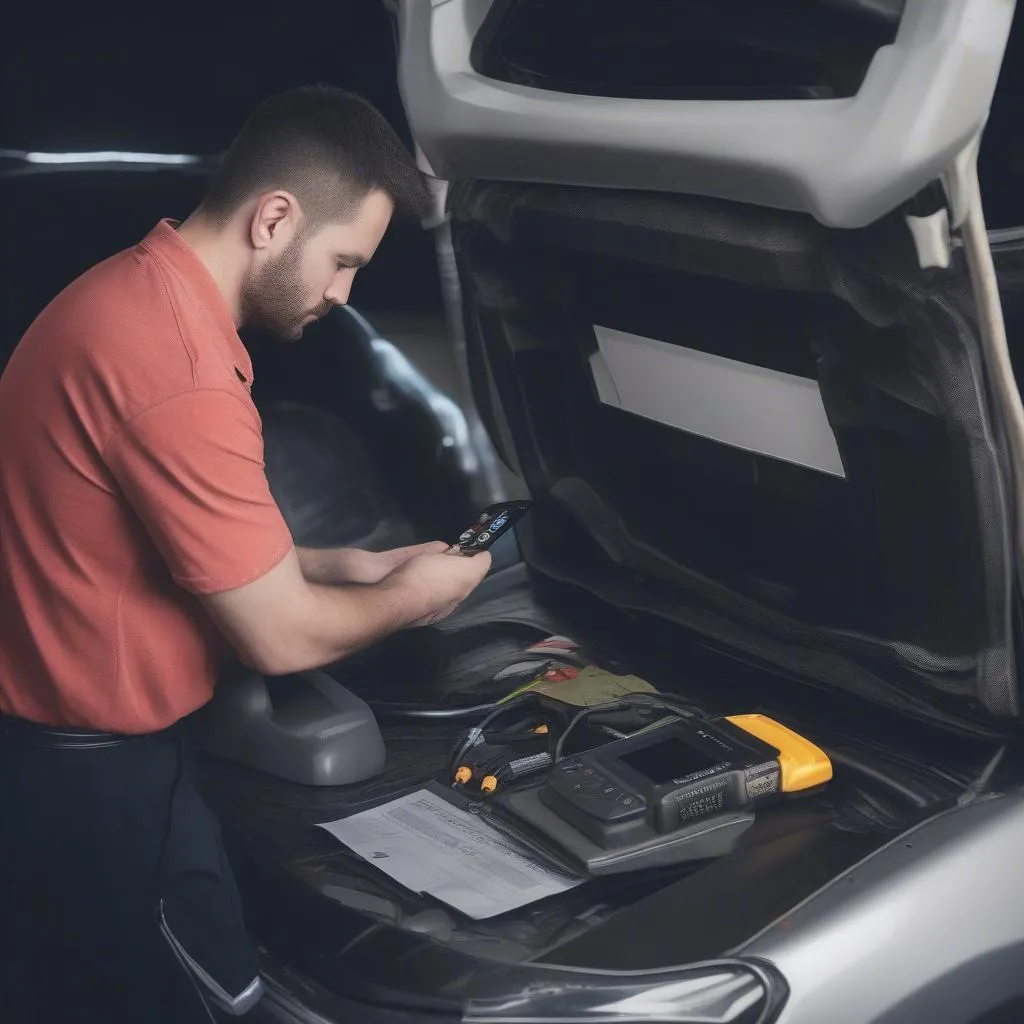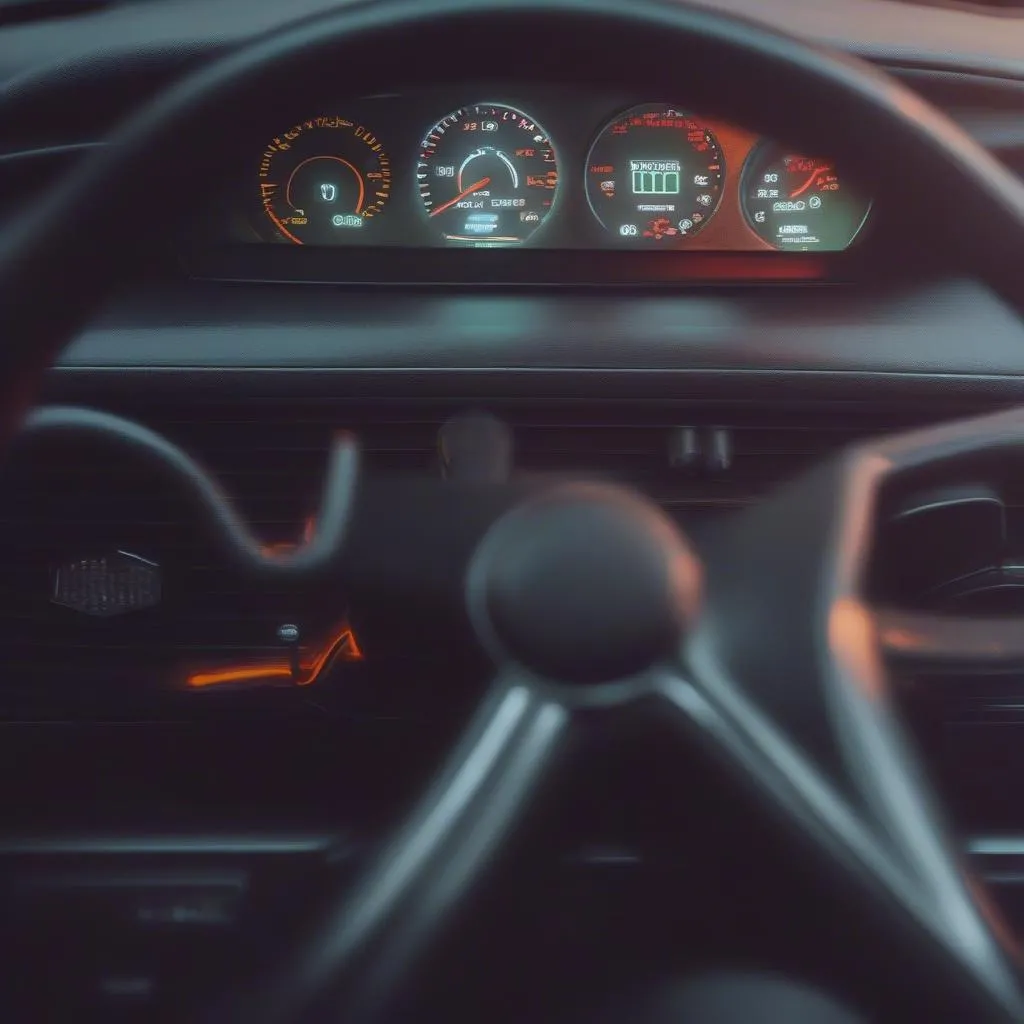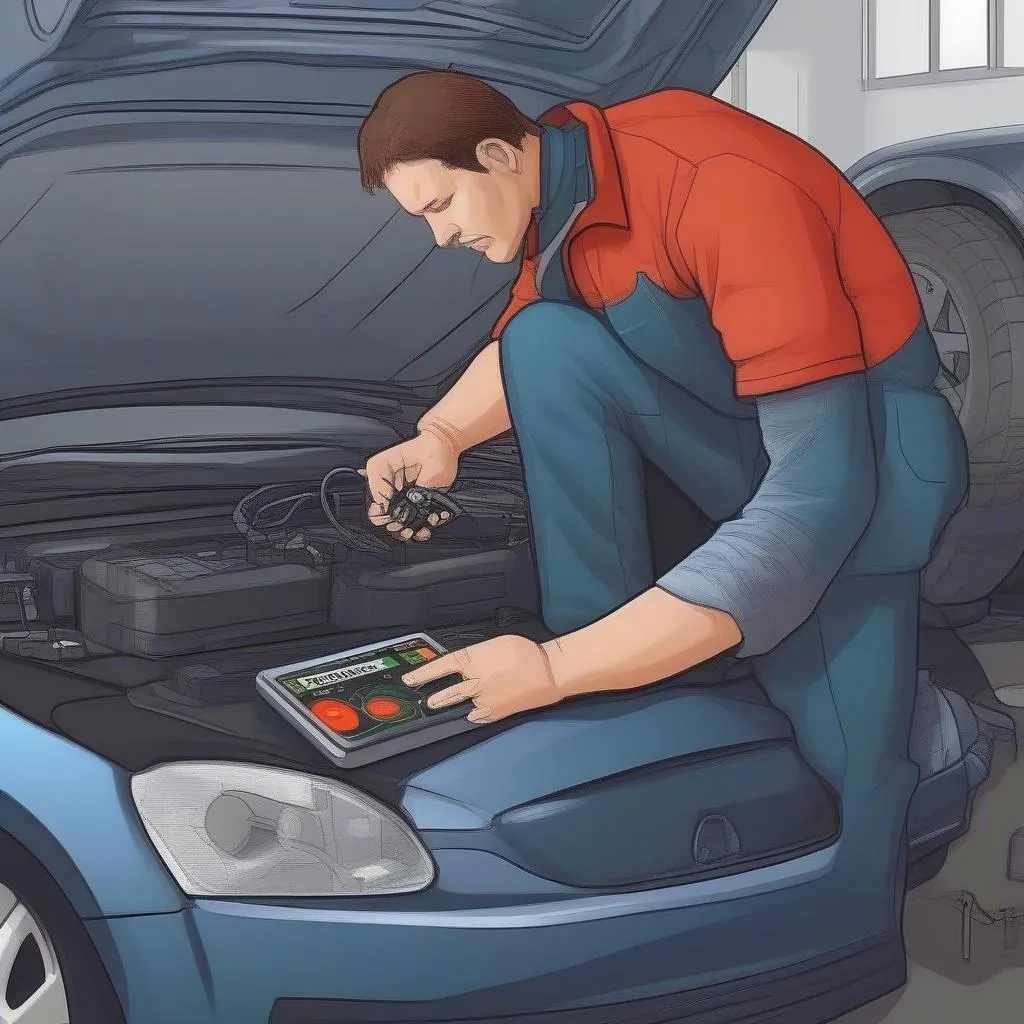Have you ever wondered what OBD oil is and when you should take it? You’re not alone. Many car owners are confused by the terminology and procedures associated with automotive diagnostics. But don’t worry, we’re here to break it down for you in a simple and easy-to-understand way.
Understanding the Question: What is OBD Oil?
“OBD Oil” is actually a misnomer, a common mistake that many car owners make. OBD stands for On-Board Diagnostics, which is a system that monitors your car’s engine performance and emissions. It doesn’t have anything to do with oil changes or the type of oil used in your engine.
What You Should Know: OBD and Your Car
The OBD system uses sensors to monitor various components of your engine, such as:
- Engine speed: The speed at which your engine is running
- Fuel pressure: The amount of pressure in your fuel system
- Oxygen sensor readings: The amount of oxygen in your exhaust gases
- Temperature: The temperature of your engine and other components
When the OBD system detects a problem, it stores a diagnostic trouble code (DTC) in the car’s computer. You can then use an OBD scanner to read these codes and identify the specific issue.
When to Use an OBD Scanner
You can use an OBD scanner to:
- Read diagnostic trouble codes (DTCs): This can help you diagnose and fix issues with your car’s engine.
- Reset check engine light: If the check engine light is on, you can use an OBD scanner to reset it, but only after addressing the underlying problem.
- Monitor real-time data: Some OBD scanners can display real-time data, such as engine speed, fuel pressure, and oxygen sensor readings. This can be helpful for troubleshooting problems or for performance tuning.
So, How and When Do You “Take OBD Oil”?
You don’t! The term “OBD Oil” is not a valid concept in the automotive world.
What are the Common Misconceptions?
Here are some common misconceptions surrounding the term “OBD oil”:
- OBD oil is a special type of oil: There is no such thing as OBD oil. All car engines require specific types of oil, depending on the make and model of the vehicle.
- OBD oil is used to clean the OBD system: The OBD system is electronic and does not require any type of fluid for cleaning.
- OBD oil is necessary for proper OBD functionality: The OBD system relies on sensors and computer modules, not on oil.
Frequently Asked Questions
- When should I get an OBD scan done? You should get an OBD scan done when the check engine light is on, or if you notice any other symptoms of engine trouble, such as reduced power or rough idling.
- What type of OBD scanner should I get? There are many different types of OBD scanners available, ranging from basic code readers to more advanced diagnostic tools. The best type for you will depend on your needs and budget.
- Can I use an OBD scanner on any car? Most modern cars (manufactured after 1996) have an OBD connector, but there are exceptions. Some older vehicles may not be compatible with OBD scanners.
- How do I find a qualified mechanic to interpret OBD codes? You can find qualified mechanics who specialize in OBD diagnostics by searching online or asking for recommendations from friends and family.
Don’t Fall for Misinformation
Remember, always rely on reputable sources for information about your car. If you’re unsure about something, don’t hesitate to consult a qualified mechanic or automotive technician.
Need Help?
If you’re struggling with diagnosing your car’s engine problems, our team of experts can help! Contact us today for a free consultation.
Next Steps
- Learn more about how OBD diagnostics work.
- Explore our extensive library of articles and resources.
- Share this article with your friends and family.
Let’s keep your car running smoothly!
 obd-scanner-for-car
obd-scanner-for-car
 check-engine-light-on
check-engine-light-on
 mechanic-diagnosing-car-problem
mechanic-diagnosing-car-problem